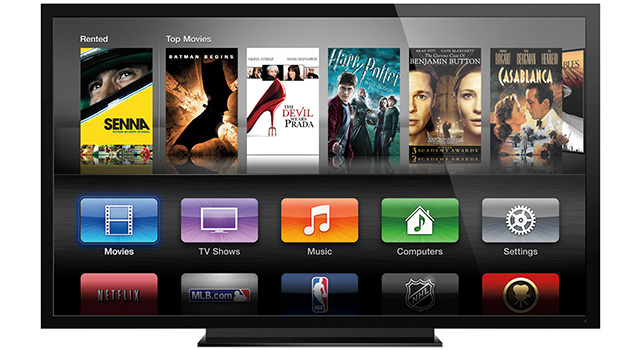
With fewer than 1m broadband digital subscriber lines in service in South Africa, and longstanding exclusive rights to content held by local media companies, there is little demand for — and huge complexity involved in — bringing video content to the iTunes Store in South Africa.
Apple began offering music downloads to South African consumers, and consumers in more than 50 new markets worldwide, this week, nine years after the service was first introduced in the United States.
Paul Jacobson, a digital media lawyer and director of web.tech.law, says that the absence of video content in the iTunes Store “comes down to licensing and which business models are being protected”.
“There are licensing agreements that existing content distributors have in place that have to be taken into account,” he says.
Were Apple to offer movies and series in South Africa, it would have an impact on movie Ster-Kinekor and Nu Metro, and a particularly large effect on pay-TV operator MultiChoice, which owns DStv, because iTunes would be targeting largely the same market.
Jacobson says DStv has been working to bring content to South African audiences more rapidly than in the past to discourage people from pirating content or using workarounds to access the American or British versions of the iTunes Store. He suggests that when DStv can offer content almost as soon as it is available overseas, and once it has bolstered its range of on-demand content, it may be better positioned to compete with an a la carte offering like iTunes.
“Ster-Kinekor and Nu Metro no doubt have licensing deals and exclusivity deals with content owners,” Jacobson says. “iTunes has had to overcome the same problems with music owners, and it would have to make similar deals with studios. Studios would have to reconcile what Apple wants to do with what they’ve promised existing content distributors.”
If it’s in the studios’ and Apple’s interests to distribute content in South Africa using the iTunes Store, they will find a way of doing it, says Jacobson. They’ll either need to do this by renegotiating existing deals or reaching new ones when the exiting contracts expire.
Steven Ambrose, MD of consulting firm Strategy Worx, says existing licensing models give cinema chains Ster-Kinekor and Nu Metro exclusive rights to content. Later, they get the rights to distribute the content on DVD and other formats, and broadcasters then get the rights to broadcast the content. Apple would have to negotiate its place in this environment.
Another obstacle, and one that might explain Apple’s lack of urgency, is the comparatively small market for such online video content in South Africa when compared to many other countries, Ambrose says.
“The market is tiny for streamed content. Given there are fewer than 1m fixed broadband lines, and given that two-thirds or more of these are business lines, there’s simply not much demand or that much money to be made.”
He says that even with the price of mobile broadband data falling, “it’s not stable enough and not affordable for streaming”. — (c) 2012 NewsCentral Media




